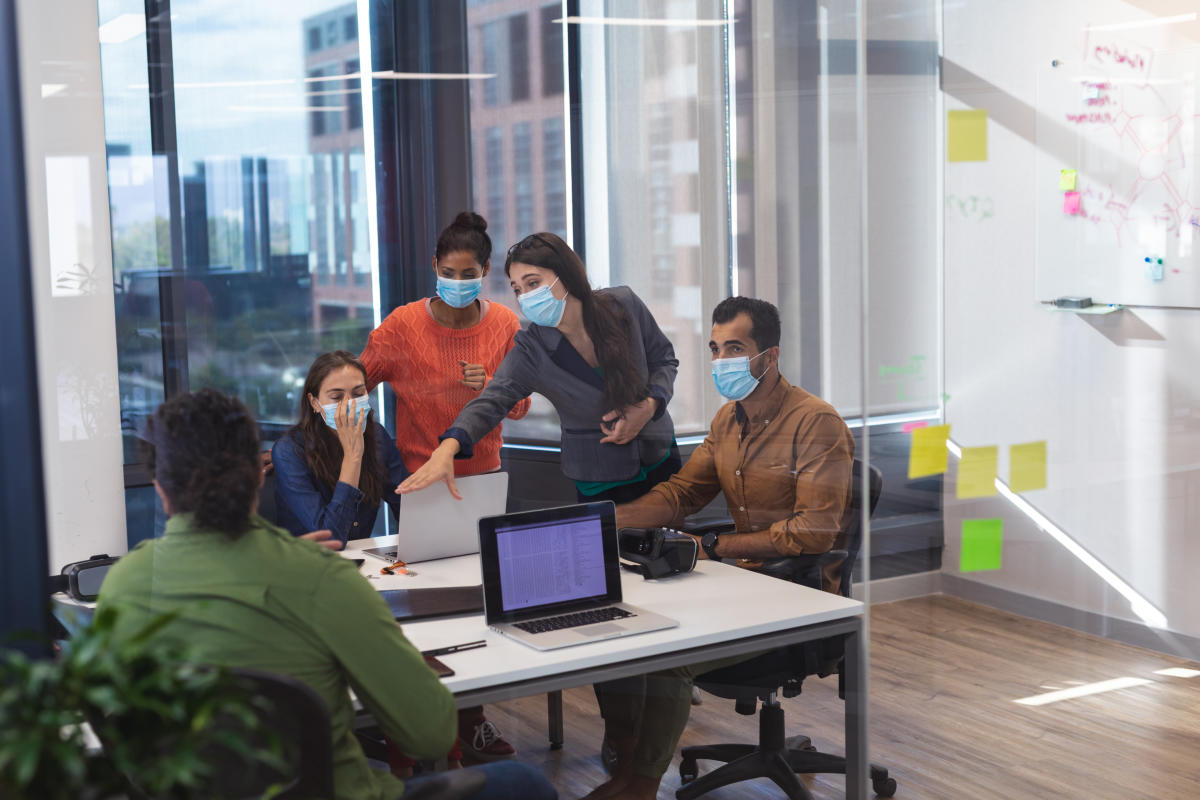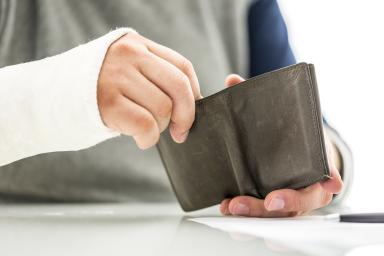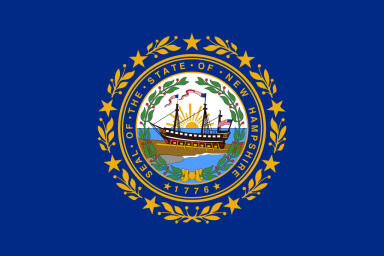Can I Sue My Employer for COVID-19 Exposure?

Since the start of the pandemic, over 1.3M people have died from contracting COVID-19, and the numbers are still rising. Three years later, thousands of hospitalizations and new cases across the nation are reported daily. Employees across industries want to know their rights regarding potential COVID-19 exposure in the workplace. If you believe you were exposed to COVID-19 at work, you may have legal remedies available. But the legal challenges involved in obtaining financial compensation from an employer can be arduous. Filing a COVID exposure claim against your employer can be challenging through the workers' compensation system. However, a lawyer can help review your case and determine your eligibility for additional damages.
Can I File a Lawsuit Against My Employer for COVID-19 Exposure?
You might consider filing a lawsuit if you were exposed to COVID-19 at work due to your employer’s negligence or failure to take reasonable safety precautions. However, filing this type of claim is complex, and many workers do not understand the steep burden of proof required for receiving compensation. Many workplace laws seek to protect employers and their businesses, which is why having legal representation is critical for workers. In addition, the ever-evolving nature of the pandemic and broadening legal coverage present a challenge for workers looking for fair compensation. An attorney can guide you through the complexities of personal injury and workers comp law.
This article explains a few legal options should you contract COVID-19 at work.
Workers Comp Claim
Usually, when employees are injured while carrying out their job duties, they can receive benefits solely through workers’ compensation. Under workers’ comp rules, workers cannot sue their employer for compensation beyond what is covered, including pain and suffering. Workers’ compensation law is the exclusive remedy for injured employees seeking compensation. Workers’ compensation makes it so many injured employees cannot sue their employers in court, though there are exceptions. The exceptions to the exclusive remedy rule vary from state to state, but they generally cover situations such as:
you contracted an illness because of your employer’s intentional wrongdoing, not simply carelessness (negligence)
a “third party” caused your illness
the employer doesn’t have workers’ compensation insurance
In some states, workers’ compensation law has expanded to cover COVID-19 as a work-related illness for specific types of workers, including first responders and healthcare workers. Speak with an attorney to determine if you live in a state where workers’ compensation covers workers impacted by COVID-19. Depending on the industry, the strict limits of workers’ compensation may not prevent you from suing your employer for contracting COVID-19.
Take-Home Cases
People who work in high-traffic areas like warehouses, airports, or schools are at-risk of bringing the virus home to their families. These cases fall under “take-home COVID” claims, where a worker claims they caught COVID-19 at their workplace and subsequently infected a family member. The beginning of 2022 saw almost two dozen cases of take-home lawsuits brought to court, and the numbers are likely to increase as the effects of long covid and hospitalizations continue. One of the most significant barriers to take-home cases is proving the employer caused the exposure and failed to protect you.
Public Nuisance
An alternative route for workers is to use their state’s public nuisance laws to sue their employers. Employers are potentially at risk under public nuisance laws for endangering the public by failing to take precautionary steps, such as sanitizing, providing facemasks, and social distancing to prevent the spread of COVID-19. A McDonald’s in Oakland was at the heart of a public nuisance suit when employees refused to work after they were given dog diapers and coffee filters to use instead of masks. This case shows that workers can win COVID-19 protections via public nuisance litigation.
Can I Sue My Employer for Ignoring COVID-19 Guidelines?
Whether or not you can successfully sue your employer for ignoring COVID-19 guidelines relies on several variables. Individual state laws, the court’s interpretation, and changes in governmental guidelines all factor into if and how an employee can sue their employer. Whether you can pursue a lawsuit will largely depend on your state’s specific workers’ compensation protections and if you can prove that the defendant failed to adhere to the accepted duties of care and that this is what caused the victim to contract coronavirus. Typical instances of employer negligence during the COVID-19 pandemic include violating the CDC’s safety guidelines, such as failing to provide protective gear or regularly sanitizing the workplace. If you cannot prove your employer failed to protect you, you’ll have to go through the workers’ compensation system, which reduces the employer’s liability and the awarded damages.
Do I Have to Go to Work if My Employer Doesn’t Follow COVID-19 Guidelines?
Employees have specific workplace rights during the COVID-19 pandemic, including the right to refuse to work under hazardous conditions if they’re in imminent danger. And if you're fired for staying home, you might have grounds to sue your employer for wrongful termination. In some states, like California, an employee might have grounds to sue for wrongful constructive termination if they were essentially forced to quit because their employer created an intolerable work environment.
Can I Get Workers’ Compensation for Contracting COVID-19 at Work?
The short answer is yes, but it’s hard. Many lawmakers have expanded workers’ compensation laws to include COVID-19 infections, which severely limits the possibility of receiving any compensation. Most employers will argue that employees were properly trained in the safety procedures during the pandemic, so they’re not liable for a worker who didn’t follow protocol. If a worker has been quarantined or isolated due to workplace exposure or has contracted COVID-19 in the workplace may be entitled to have their lost wages and medical expenses covered by their employer’s worker’s compensation insurance. Check with your legal counsel to determine if your state allows workers to claim workers’ compensation benefits for workplace exposure to coronavirus.
How Long Does a COVID-19 Lawsuit Take?
The length of time it takes to settle a COVID-19 lawsuit is highly dependent on several factors ranging from the type of case to the length of medical treatment and whether the suit is settled out of court or requires a lengthy trial. The type of injuries an employee has sustained, and the specific industry of their employer can also impact the timeline of the case. While many personal injury cases are resolved within two years, more complex cases could take longer. As the legal ramifications of the pandemic continue to evolve and more victims come forward with claims, the timeline for settlement could be impacted.
Resources for Employees and Victims
While having an attorney is the best resource in COVID-19 lawsuits, many people need assistance before they get to that point. Whether it’s food insecurity or trying to determine what kind of family leave you qualify for, there are free resources available online to help employees and their families access the care and compensation they need.
File an OSHA Complaint
If you believe your employer is not following OSHA standards or there’s another serious hazard, you can file a confidential safety and health complaint here. The complaint should be filed and signed as soon as possible after noticing the hazard. A signed complaint is more likely to be requested in an onsite inspection by an OSHA representative. The complaint form is available in Español and can be filed online, in person, via telephone, or by mail. There’s also the option to file a whistleblower complaint if you believe your employer retaliated against you for exercising your rights as an employee under the whistleblower protection laws enforced by OSHA.
FMLA Leave
If you’re out of work with coronavirus or are caring for ill family members, check with the Department of Labor (DOL) for information on whether such leave is covered under the Family and Medical Leave Act (FMLA). During the pandemic, the Families First Coronavirus Response Act (FFCRA) required covered employers to provide eligible employees with paid sick and expanded leave for certain COVID-19 reasons. You can find information about how to claim eligible tax credits and the different state requirements for paid sick leave on the DOL’s website, along with answers to more of your COVID-related questions.
Food Finder App
Hunger can affect folks from all walks of life. In the wake of the COVID-19 pandemic, unemployment and food insecurity soared. In 2021, 53 million people turned to food banks and community programs for help putting food on the table. It’s estimated that 34M people in the U.S. are food insecure, and the pandemic only exacerbated the hunger problem in many communities. Download the FoodFinder app to locate local food pantries for free food assistance in your area. Simply enter your zip code, and an interactive map of food pantries and free food assistance options will appear. The FoodFinder App is a discreet way to find food near you, and you can even add a food pantry to their list if it’s not already featured.
Expertise.com StaffAuthor
Step into the world of Expertise.com, your go-to hub for credible insights. We don't take accuracy lightly around here. Our squad of expert reviewers, each a maestro in their field, has given the green light to every single article you'll find. From rigorous fact-checking to meticulous evaluations of service providers, we've got it all covered. So feel free to dive in and explore. The information you'll uncover has been stamped with the seal of approval by our top-notch experts.




